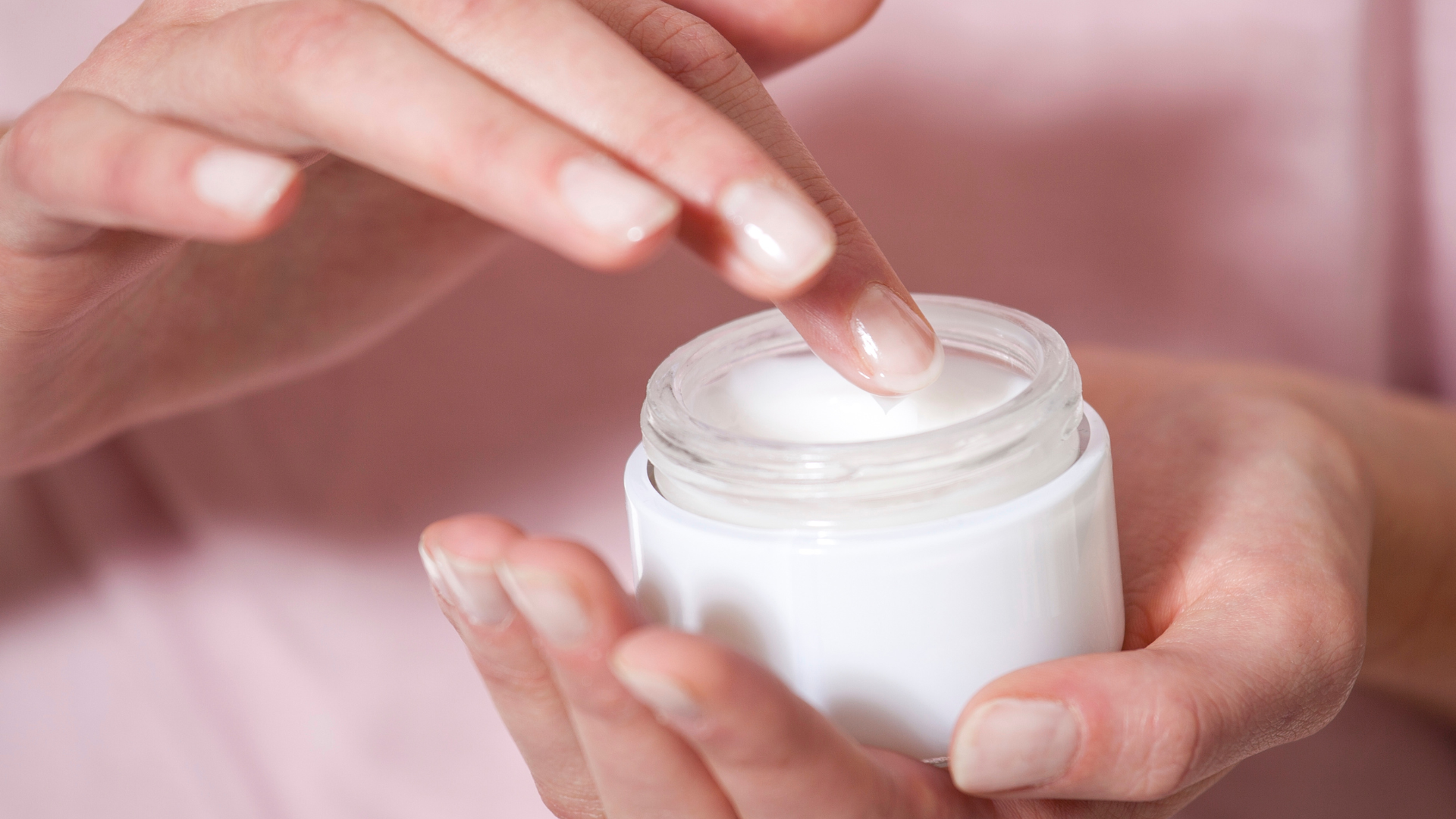Understanding Acne: Causes, Myths, and Clear-Skin Solutions
| Acne affects millions of people worldwide — not just teenagers. Whether you’re dealing with the occasional breakout or persistent adult acne, understanding what’s happening beneath your skin is the first step toward clearer, healthier skin. Below, our London Dermatologist, Dr Ari Rafiq, answers some of the most common questions about acne, from causes and triggers to treatment options and lifestyle tips. |  |
What is acne?
Acne is a common skin condition that occurs when hair follicles become clogged with oil (sebum), dead skin cells, and bacteria. This leads to whiteheads, blackheads, pimples, or deeper cysts. Acne can appear on the face, back, chest, or shoulders — anywhere oil glands are most active.
What causes acne to develop?
The main causes include:
- Excess oil production
- Clogged pores
- Bacteria (Cutibacterium acnes)
- Hormonal changes (especially during puberty, menstrual cycles, or stress)
- Genetics (family history plays a big role)
Certain skincare products, medications, high-sugar diets, stress and even environmental pollution can also make acne worse.
Is acne just a teenage problem?
Not at all! Adult acne is increasingly common, particularly in men. Hormonal fluctuations, stress, and even skincare routines can trigger acne well into your 30s, 40s, and beyond.
Can what I eat affect my acne?
Diet can influence acne in some people. High-glycaemic foods (like white bread, sugary drinks, and sweets) may trigger breakouts by raising insulin levels and increasing oil production. Dairy have also been linked to acne in some studies.
Focus on balanced meals rich in antioxidants, omega-3s, and fresh produce. Keeping a food diary and observing your skin's response can help identify personal triggers.
What’s the difference between blackheads and whiteheads?
- Blackheads are open pores where oil and dead skin are exposed to air, turning dark
- Whiteheads are closed pores where the trapped material stays beneath the surface, appearing as small white bumps
Both are forms of non-inflammatory acne.
How can I treat acne at home?
There are absolutely things you can do to try to improve your skin at home.
Start with a simple routine:
- Cleanse twice daily with a gentle, non-comedogenic cleanser.
- Use active ingredients like benzoyl peroxide, salicylic acid, or niacinamide.
- Moisturise — even oily skin needs hydration.
- Apply SPF daily, as sun exposure can worsen inflammation and pigmentation.
- Avoid harsh scrubbing or over-washing, which can irritate the skin.

When should I see a dermatologist?
If over-the-counter treatments aren’t helping after a few months, or if acne is severe, leaving scars, causing pain, or affecting your confidence, it’s time to see a dermatologist.
We can recommend skincare routines tailored to your needs as well as prescribe stronger topical treatments, oral medications (like retinoids or antibiotics), or hormonal therapy.
What are some common acne myths?
- Myth: “Only dirty skin causes acne.”
Truth: Acne isn’t about poor hygiene; it’s about clogged pores and hormones.
- Myth: “You should pop pimples to help them heal.”
Truth: Popping often causes infection and scarring.
Can acne scars be treated?
Some acne scars can be permanent, but many can be improved with professional treatments such as chemical peels, microneedling, laser resurfacing, or prescription creams. These can significantly reduce scarring and improve skin texture, particularly if started early. Always consult a qualified practitioner for the best approach for your skin type.
How can I prevent future breakouts?
- Keep a consistent skincare routine
- Avoid touching your face or picking/squeezing spots
- Wash pillowcases and makeup brushes regularly
- Manage stress and sleep — both affect hormones
- Stick with products labelled “non-comedogenic” or “oil-free”
- Eating a balanced diet and staying hydrated can also help
Acne can be frustrating, but it’s highly treatable with the right approach. Consistency, patience, and a little professional guidance can make all the difference in restoring your skin’s balance and confidence.
If you are unsure where to start, want to discuss skincare or treatment options for your acne you can find out more about booking an appointment with London Doctors Clinic here.
